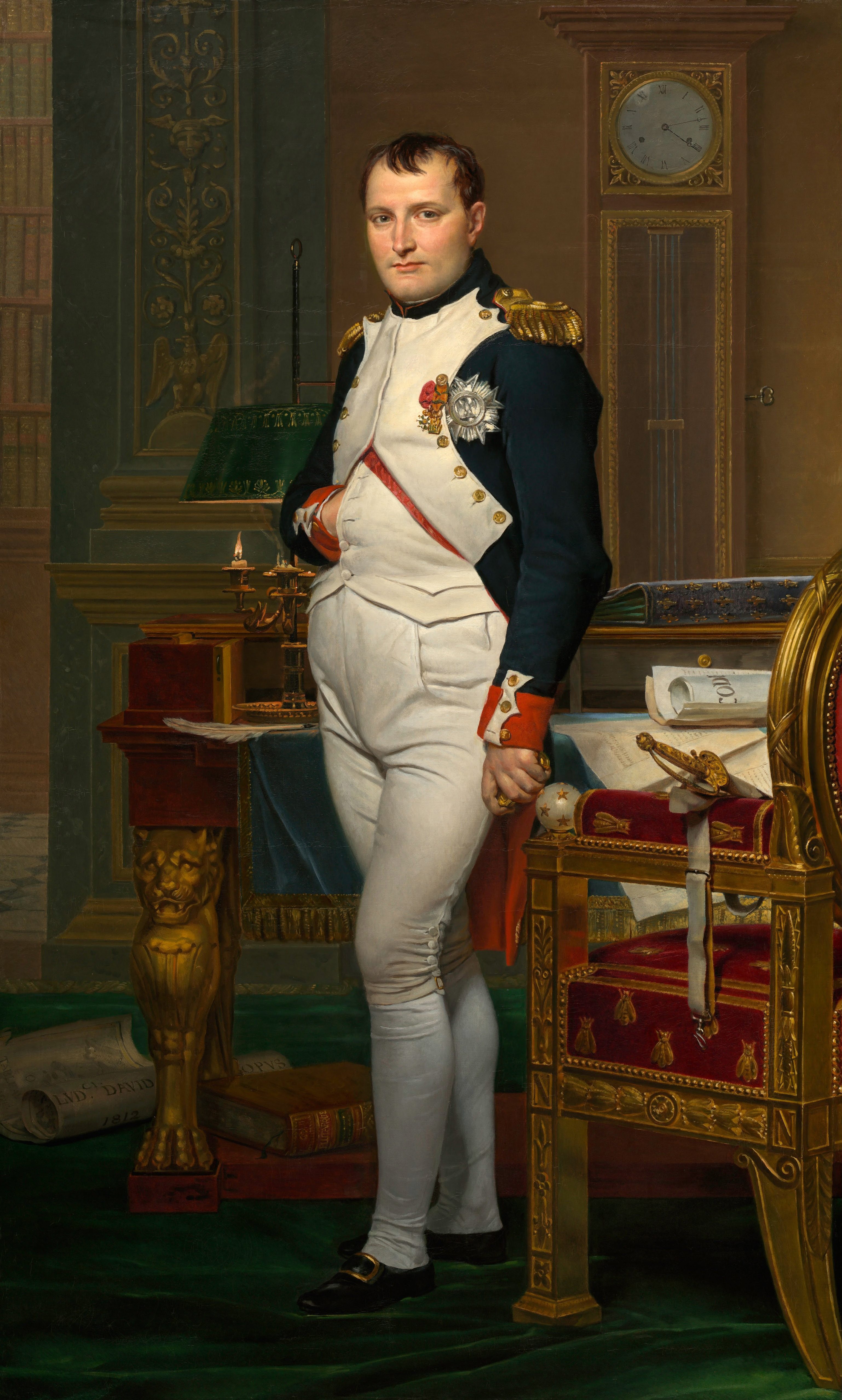Bonaparte Napóleon híres idézetei
Bonaparte Napóleon idézetek
Bonaparte Napóleon: Idézetek angolul
“There is nothing so imperious as feebleness which feels itself supported by force.”
Napoleon : In His Own Words (1916)
“A Government protected by foreigners will never be accepted by a free people.”
Political Aphorisms, Moral and Philosophical Thoughts (1848)
Depuis le premier jour jusqu'au dernier, il est le même, toujours le même, majestueux et simple , infiniment sévère et infiniment doux ; dans un commerce de vie pour ainsi dire public, Jésus ne donne jamais de prise à la moindre critique; sa conduite si prudente ravit l'admiration par un mélange de force et de douceur.
Statement (1803) as quoted in The Mind of Napoleon (1955) by J. Christopher Herold
“Unhappy the general who comes on the field of battle with a system.”
Napoleon : In His Own Words (1916)
Napoleon : In His Own Words (1916)
“Never interrupt your enemy when he is making a mistake.”
As quoted in The Military Quotation Book (2002) by James Charlton, p. 93
Attributed
Napoleon : In His Own Words (1916)
Napoleon : In His Own Words (1916)
Napoleon : In His Own Words (1916)
“My maxim was, la carrière est ouverte aux talents, without distinction of birth or fortune.”
Statement while on St. Helena (3 March 1817)
“I don't know why, but the little bastard scares me.”
Laura Harrington http://www.laura-harrington.com/index4.html, in N http://www.pilgrimtheatre.org/performances/N/default.htm, portraying a comment by one of his generals when he showed up to command the army of Italy.
About
“Women are nothing but machines for producing children.”
The St. Helena Journal of General Baron Gourgaud (9 January 1817); as quoted in The St. Helena Journal of General Baron Gourgaud, 1815-1818 : Being a Diary written at St. Helena during a part of Napoleon's Captivity (1932) as translated by Norman Edwards, a translation of Journal de Sainte-Hélène 1815-1818 by General Gaspard Gourgaud
“What then is, generally speaking, the truth of history? A fable agreed upon.”
Conversation with Emmanuel, comte de Las Cases (20 November 1816), Mémorial de Sainte Hélène, v. 4, p. 251 http://books.google.com/books?id=945jAAAAMAAJ&vq=%22fable%20agreed%20upon%22&pg=PA251. However, the phrase predates Napoleon. Helvétius attributes it to Bernard le Bovier de Fontenelle, De l'esprit (1758), p. 443 http://books.google.com/books?id=N7g8AAAAcAAJ&vq=%22fable%20convenue%22&pg=RA1-PA443
Theodoros Kolokotronis, Kolokotronis Memoirs by Georgios Tertsetis
About
“There is no subordination with empty stomachs.”
As attributed in Count Emmanuel de Las Cases, “Journal of the Private Life and Conversations of the Emperor Napoleon at Saint Helena”, 1824.
Attributed
Hippolyte Taine in Napoleon's views on religion.
About, Other
Forrás: Archive https://archive.org/stream/jstor-25102177/25102177_djvu.txt
